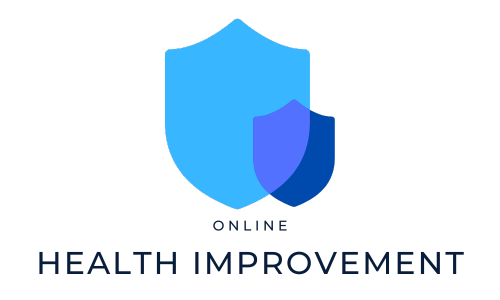Recognizing and Preventing Burnout: Taking Care of Yourself in a Demanding World
Introduction:
In today’s fast-paced society, it is not uncommon for individuals to experience burnout. Burnout refers to a state of mental, physical, and emotional exhaustion caused by prolonged and excessive stress. Whether it is work-related pressure, personal responsibilities, or a combination of both, burnout can significantly impact an individual’s overall well-being and productivity. However, by recognizing the signs and taking proactive steps, one can effectively prevent burnout and maintain a healthy work-life balance.
Recognizing the Signs:
1. Physical and emotional exhaustion:
– Feeling drained and depleted, both physically and emotionally.
– Frequent illnesses and weakened immune system.
– Lack of motivation and reduced productivity.
2. Changes in behavior and attitude:
– Increased irritability and mood swings.
– Difficulty concentrating and making decisions.
– Isolation and withdrawal from social interactions.
3. Decreased performance and satisfaction:
– Reduced efficiency and effectiveness at work or in daily tasks.
– Loss of enjoyment and interest in once pleasurable activities.
– Feelings of discontentment and disillusionment.
Prevention Strategies:
1. Set realistic goals and boundaries:
– Prioritize tasks and set achievable goals to prevent overwhelm.
– Learn to say “no” when necessary and avoid overcommitting.
– Establish clear boundaries between work and personal life.
2. Practice self-care:
– Engage in activities that bring joy and relaxation, such as hobbies or exercise.
– Get enough restful sleep to recharge and rejuvenate.
– Eat a nutritious diet and stay hydrated to fuel your body and mind.
3. Seek support and connection:
– Maintain supportive relationships with friends, family, or colleagues.
– Communicate openly about your stressors and seek understanding and advice.
– Consider professional help, such as therapy or counseling, if necessary.
4. Take regular breaks and vacations:
– Schedule regular breaks throughout the day to rest and reset.
– Plan and take vacations to disconnect from work and recharge.
– Use your time off to indulge in activities that nourish your soul.
5. Practice stress-management techniques:
– Learn and implement relaxation techniques like deep breathing or meditation.
– Engage in regular exercise to release tension and reduce stress.
– Practice mindfulness and be present in the moment to alleviate anxiety.
Conclusion:
Recognizing and preventing burnout is crucial for individuals who wish to maintain a healthy and fulfilling life. By being aware of the signs of burnout, individuals can take proactive steps to prevent its harmful effects. Setting realistic goals, practicing self-care, seeking support, and implementing stress-management techniques are all effective strategies to combat burnout. Remember, taking care of yourself should always be a priority, and preventing burnout will enable you to lead a more balanced and satisfying life.
